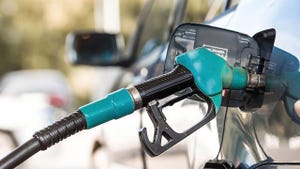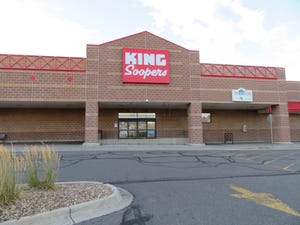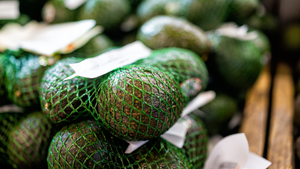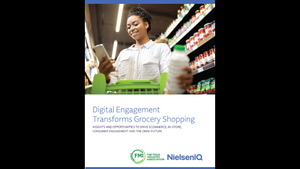Apio Launches “100% Clean Label” InitiativeApio Launches “100% Clean Label” Initiative
Eat Smart is the first brand in the non-organic salad kit and tray category to commit to clean ingredients and labeling.
The clean food movement is accelerating; sparked by health-conscious consumers who prefer to know exactly what is and is not in the food they are eating. Apio—a producer of fresh-cut vegetables and salads for the U.S. and Canada under the Eat Smart brand—has launched its “100% Clean Label” initiative with new salad kits and trays. Eat Smart is the first brand in the non-organic salad kit and tray category to commit to clean ingredients and labeling, with plans for all products to contain a 100-percent clean label by the end of 2018.
What is clean food? “Apio’s definition is simple, says Molly Hemmeter, CEO of Landec/Apio. “All Eat Smart products will be free from high fructose corn syrup, artificial preservatives, hydrogenated fats, as well as artificial colors, flavors, and sweeteners by the end of next year.”
Eat Smart’s easy-to-understand labels will list “recognizable ingredients that consumers can feel good about putting in their bodies and serving to their families,” Hemmeter adds.
Nearly 90 percent of Eat Smart products already contain a clean label, including all cut vegetable products, salad blends and nutrient-dense vegetable salad kits including Sweet Kale, Strawberry Harvest and Sunflower Kale products. Apio’s “100% Clean Label” initiative is focused on reformulating salad dressings and toppings, and vegetable tray dips. Select packages of Eat Smart salads and tray products with a clean label will begin featuring a prominent burst on the front of the package that says: “100% Clean Label. No artificial colors, flavors, or preservatives.”
The North American salad kit category is approximately $2.1 billion and includes retail and club stores. Of this total market, less than 2 percent of salad kits are sold as organic. This is due to the number and complexity of ingredients in most salad kits, which makes it difficult to source all ingredients organically at a price that consumers are willing to pay. By offering consumers clean label salad kits and trays, Eat Smart provides consumers with another healthy option for realizing their personal wellness goals.
Other companies are embracing clean, a strong trend that Apio expects to become increasingly important across all categories. Estimated North American sales of clean label products in 2015 were $62 billion, and 62 percent of consumers globally say they try to avoid artificial preservatives, flavors and colors in their food. In addition, nearly three-quarters of consumers are looking for clean labels, preferring mostly recognizable ingredients.
A recent Apio study had similar findings. “Many consumers keep on top of healthy eating trends. Our research identified consumers of value-added vegetables and salads in the U.S. and Canada, who represent 62 percent of the population and spend $7 billion annually in the value added produce category,” says Hemmeter. “They are willing to pay a premium for differentiated products and are loyal, high-value shoppers. Eat Smart’s ‘100% Clean Label’ initiative will attract these buyers to retail stores and drive repeat visits.
About the Author
You May Also Like






